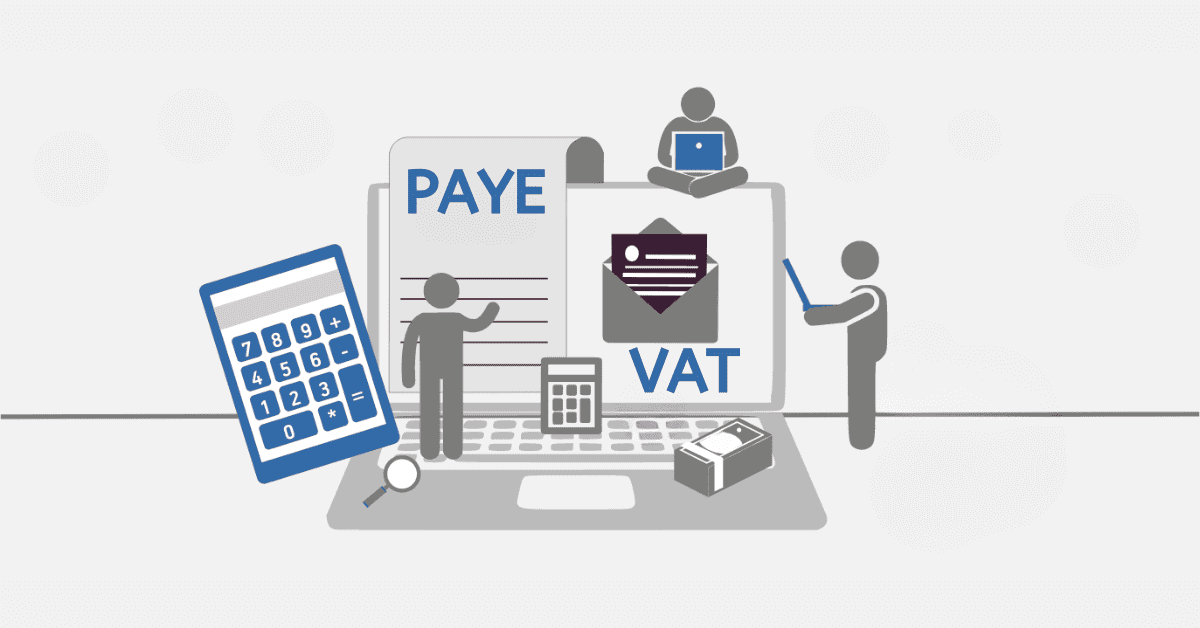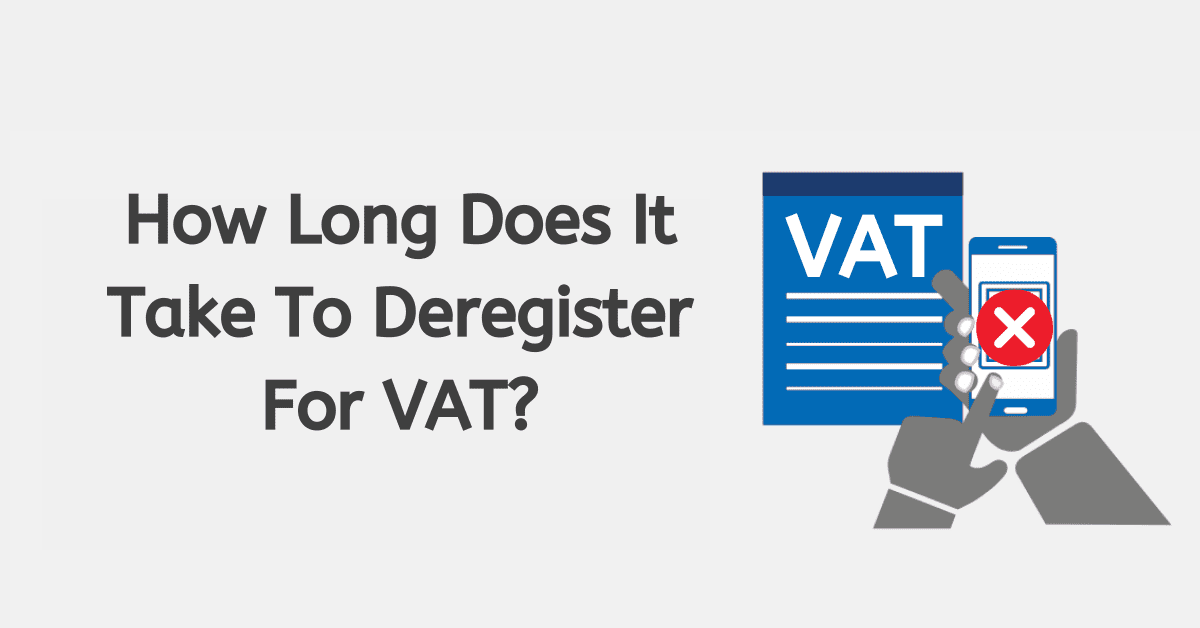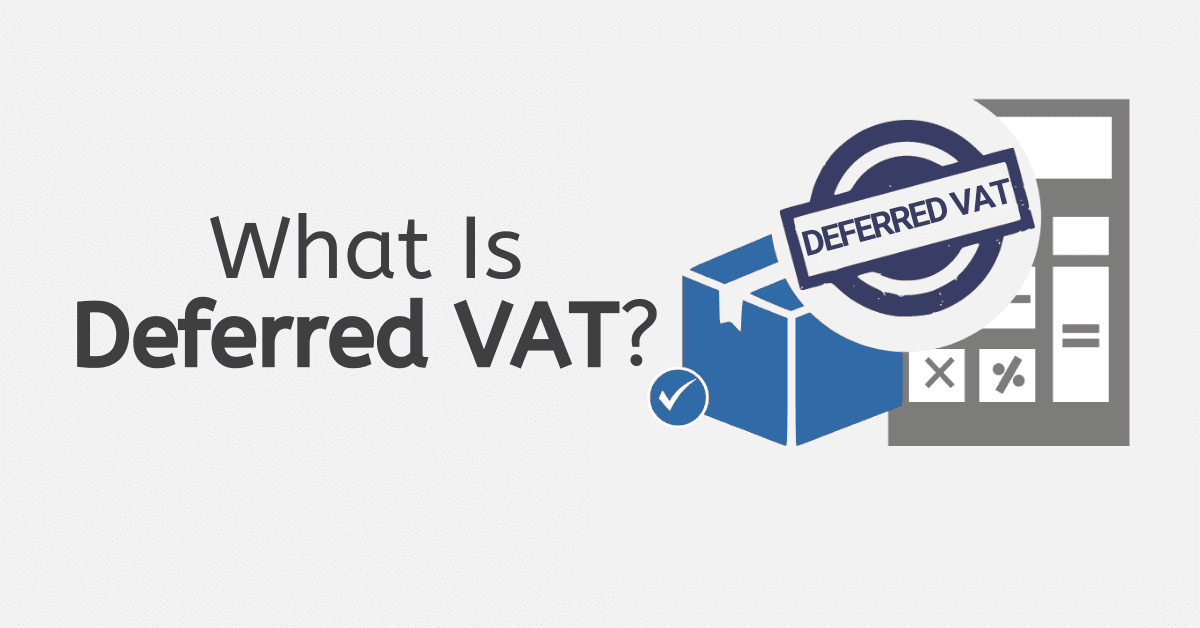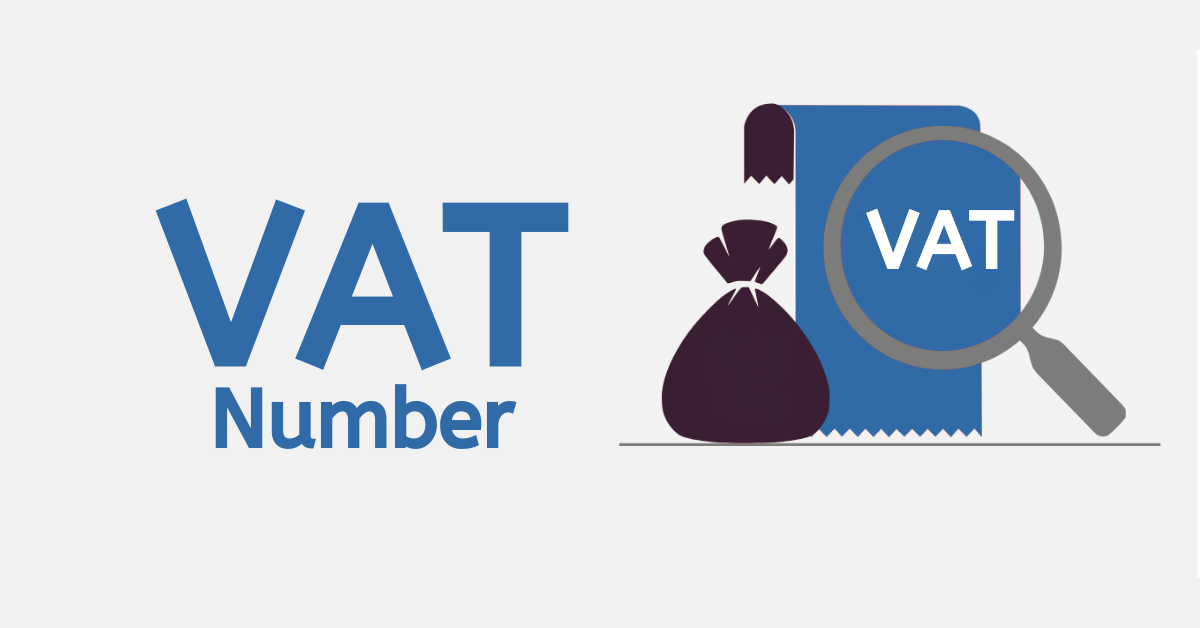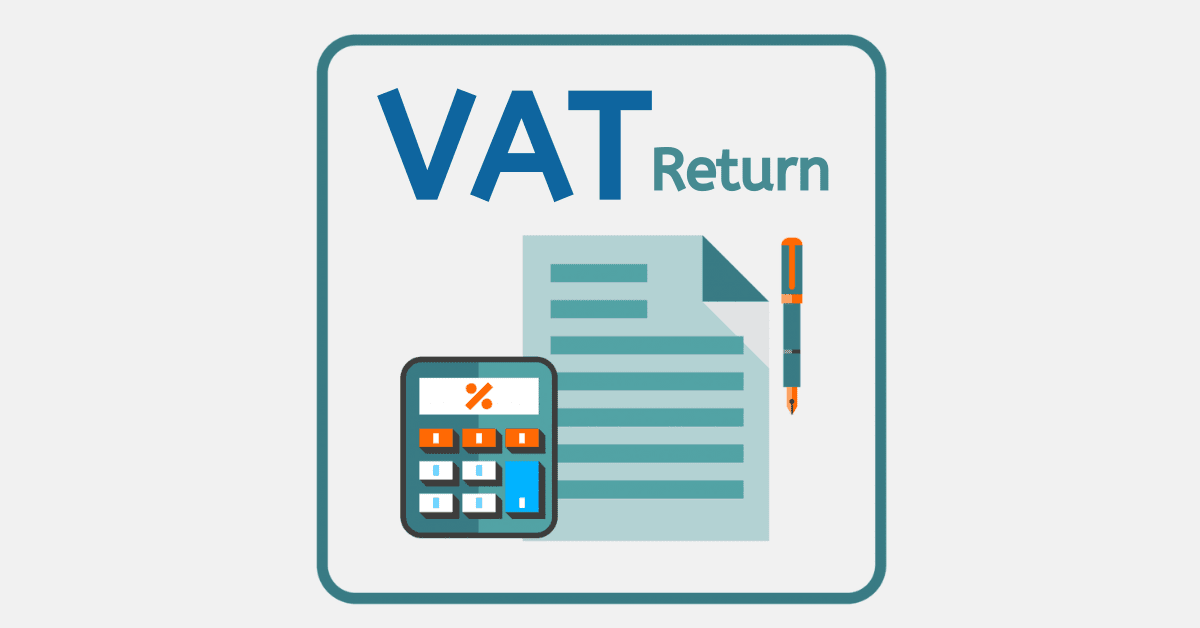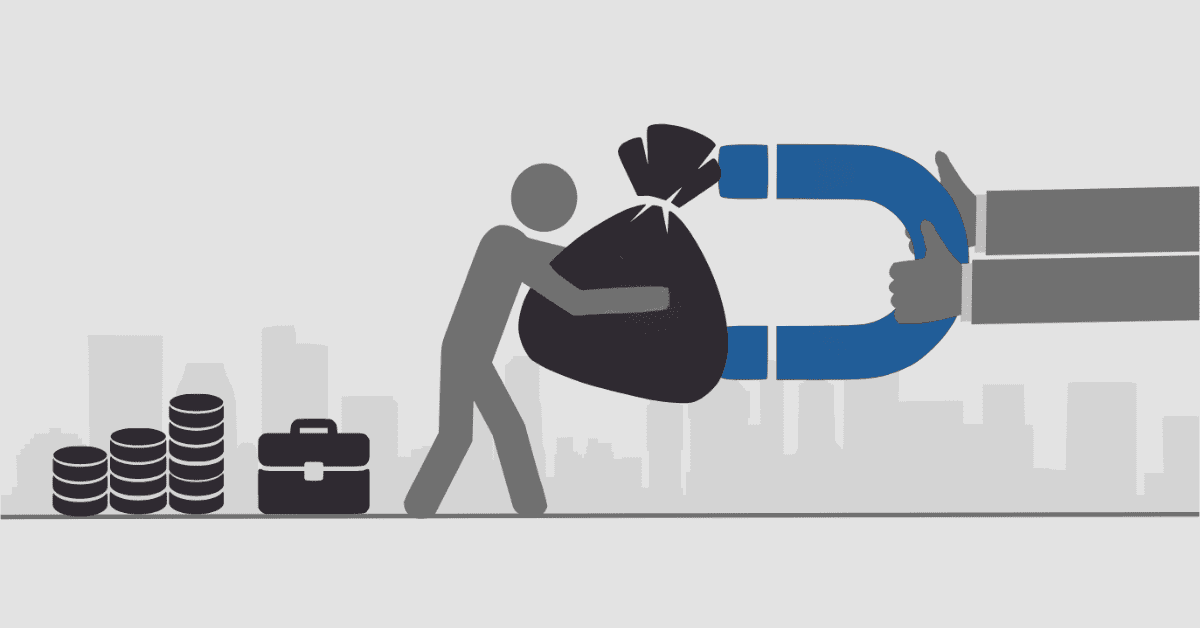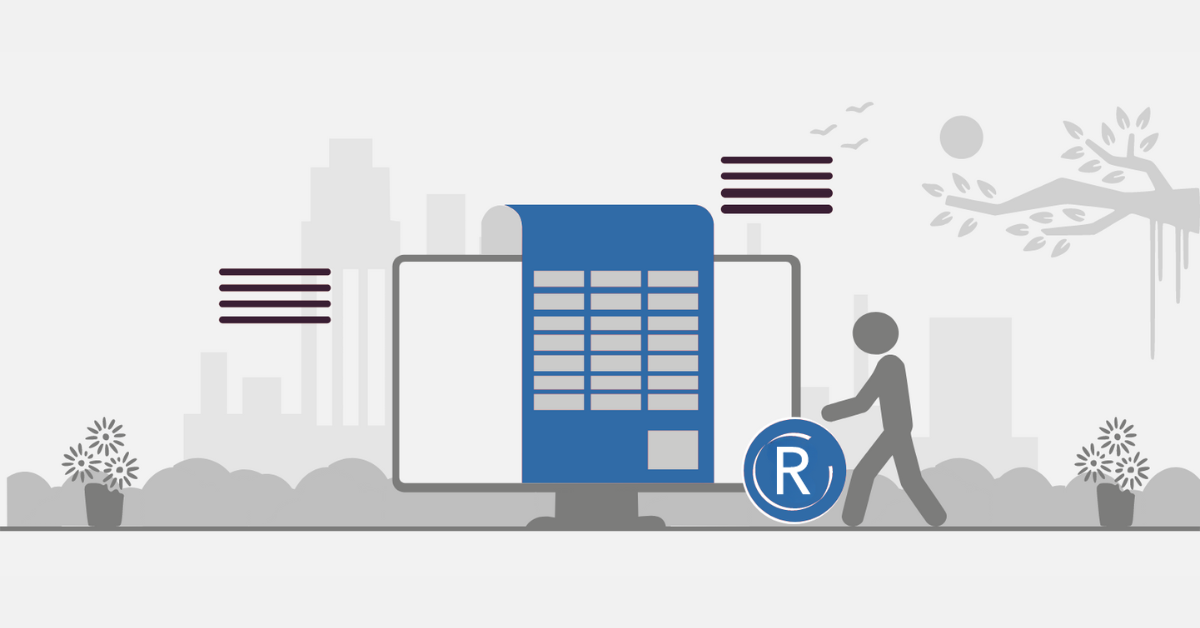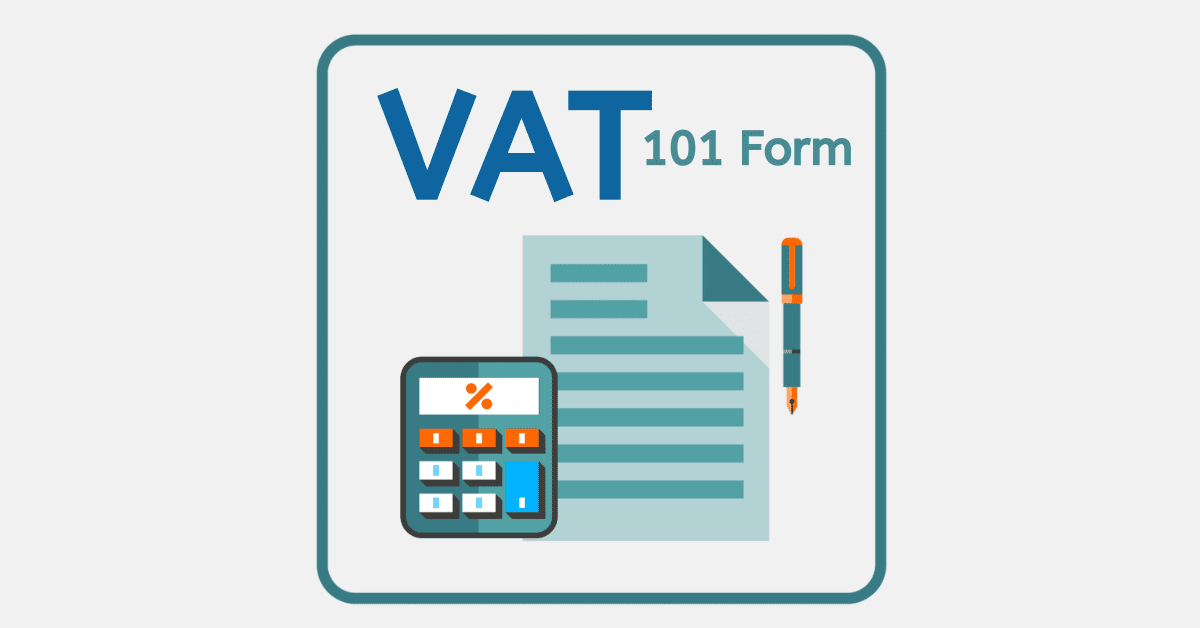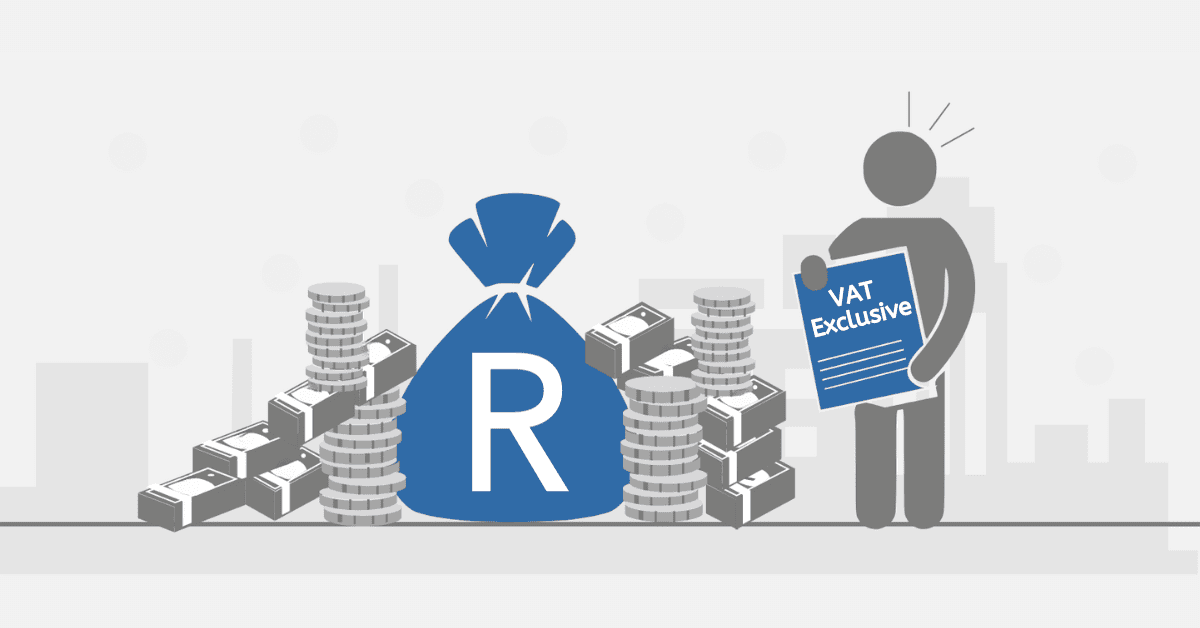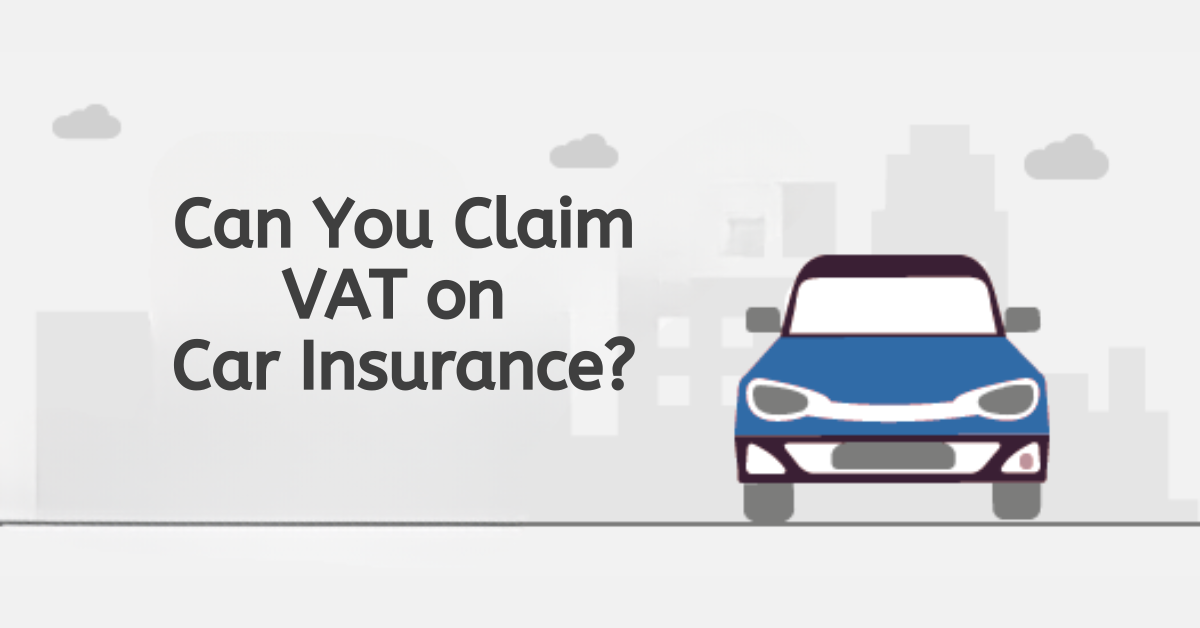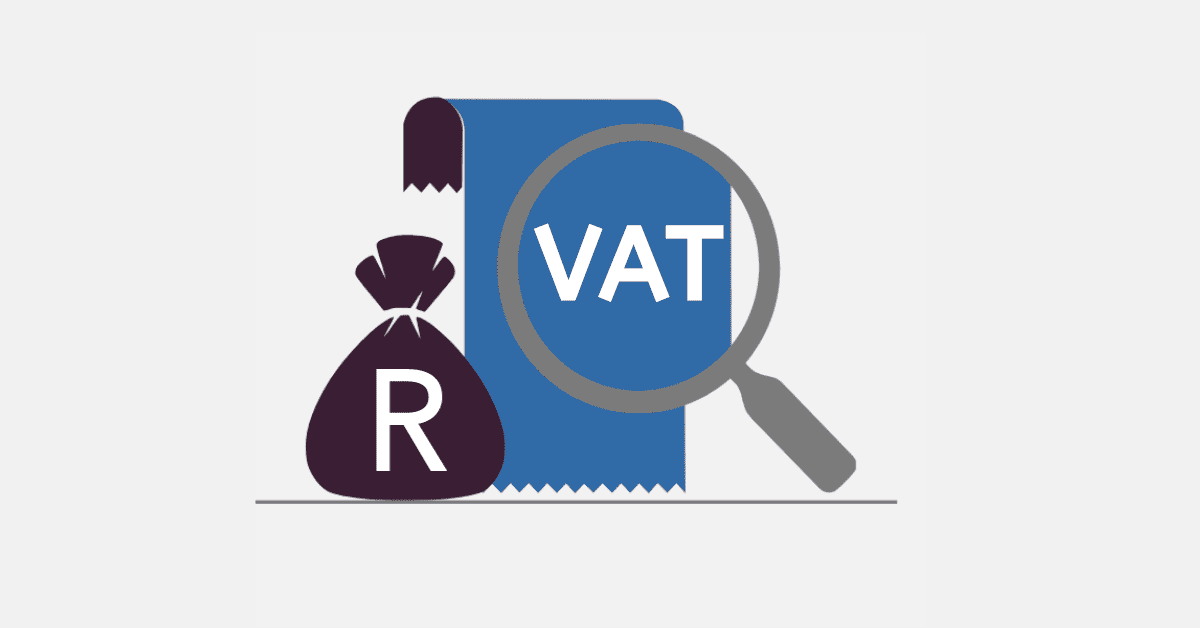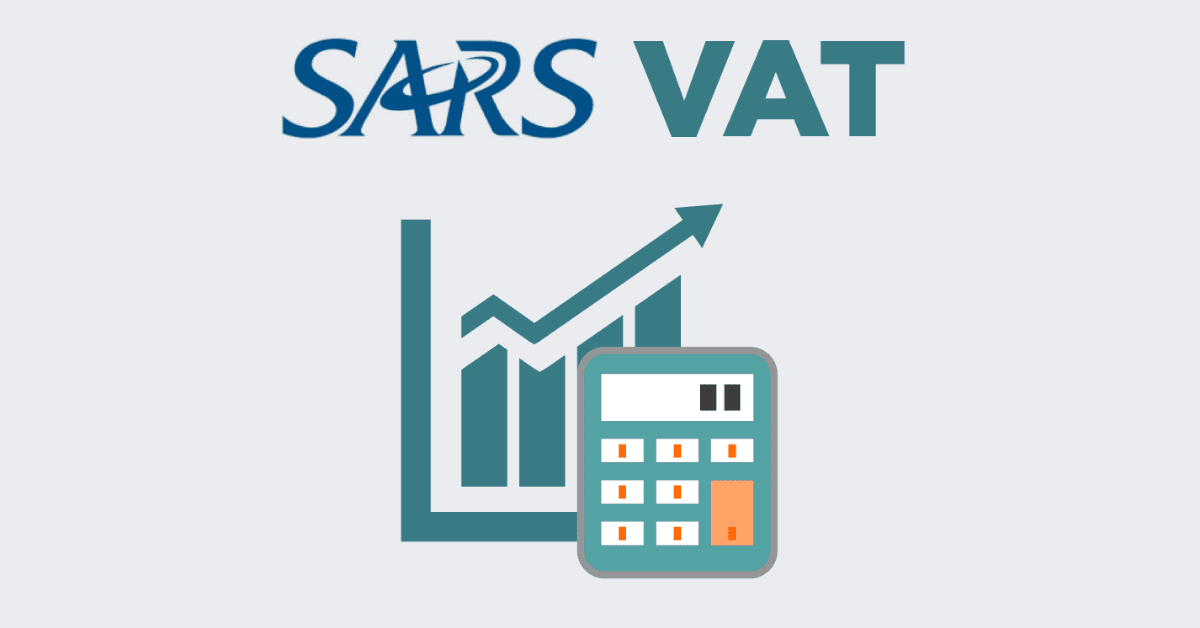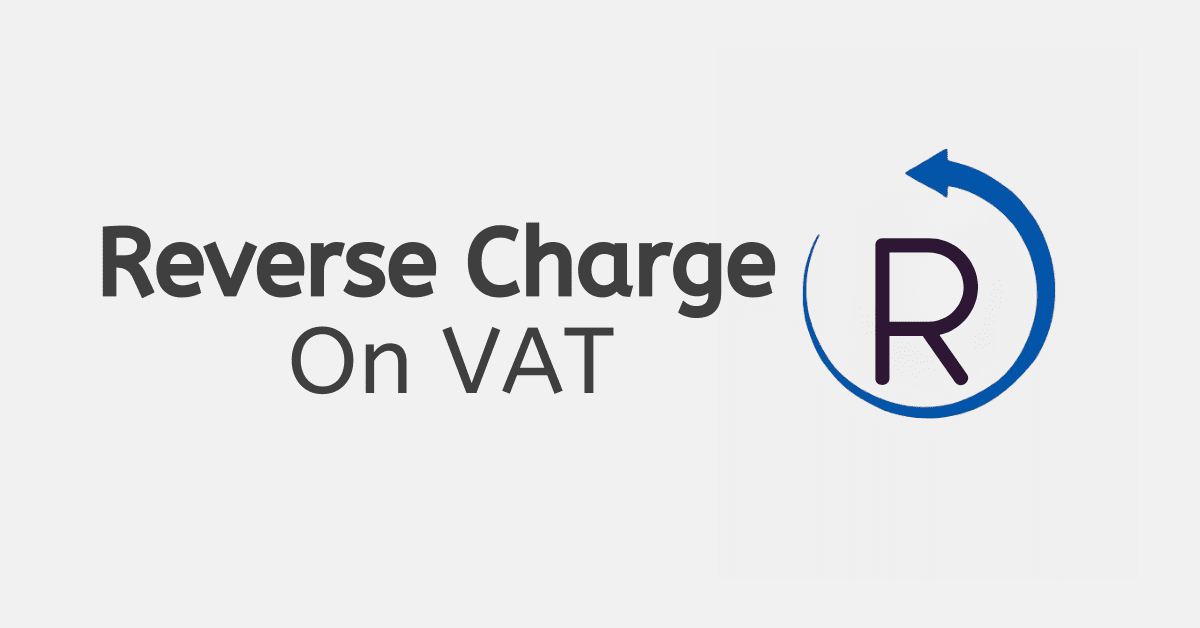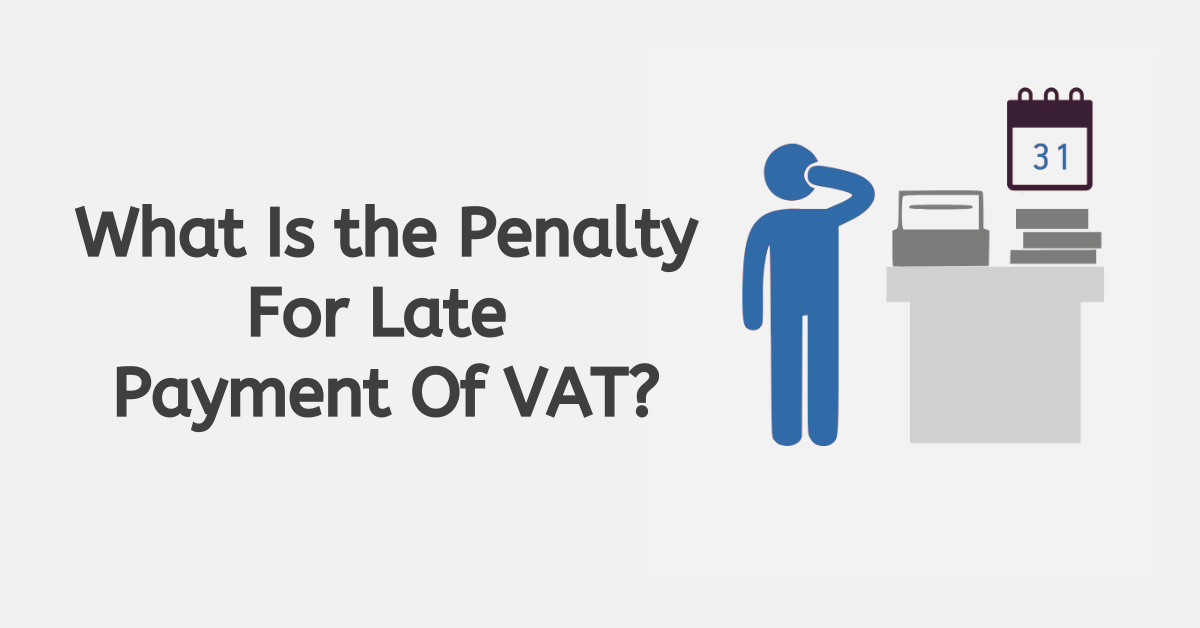For most South Africans, ‘tax’ is the thing you pay once a year to SARS. You may have to pay in or may be lucky enough to receive a refund. If you don’t work in financial circles daily, it can be difficult to expand the idea of tax to other related concepts, like VAT. Whether you are a business hoping to operate as a VAT vendor
What Type Of Tax Is VAT In South Africa?
Value Added Tax, known to most of us as VAT, is a specific form of indirect consumption tax levied on the value added to goods and services at each stage of their production and distribution.
In South Africa, VAT is a consumption-based tax, meaning it is imposed on the end consumer rather than on the business itself. This distinguishes VAT from other forms of taxes, such as income tax or corporate tax, which are typically direct taxes levied directly on individuals or businesses.
How Does VAT Work With Tax?
VAT operates on the principle of incremental taxation throughout the supply chain. At each stage of production or distribution, businesses add a percentage of VAT to the value of their goods or services. This added VAT is then passed on to the next stage, ultimately reaching the end consumer, who bears the cumulative burden of the tax.
For example, if a manufacturer produces a tool and charges 15% VAT on its selling price, the distributor purchasing the tool pays the VAT to the manufacturer. The distributor, in turn, charges 15% VAT on the increased selling price when selling the tool to a retailer. This process continues until the final sale to the consumer, who pays the accumulated VAT on the tool.
Is VAT Payable To SARS?
Yes, Value Added Tax is payable to the South African Revenue Service, or SARS. Businesses that meet specific turnover thresholds are required to register for VAT with SARS. Once registered, these businesses become VAT vendors and will collect VAT on their taxable supplies and remit the collected VAT to SARS at regular intervals.
The VAT payable to SARS is calculated as the difference between the VAT collected on sales (output tax) and the VAT paid on purchases (input tax). VAT vendors are required to submit regular VAT returns to SARS, providing a detailed account of their sales, purchases, and the resulting VAT liability. They will either receive a VAT refund
What Is The Difference Between VAT and Tax In South Africa?
Strictly speaking, VAT is a type of tax in South Africa. As we already noted, it’s a consumption tax applied to the value added to goods or services throughout their production and distribution. As an indirect tax, it mostly falls on the end customer.
While the term ‘tax’ technically applies to all the levies imposed by the South African government on people and businesses and includes such things as VAT, UIF, and customs duty under the ‘tax’ banner, that’s not how most people think of tax.
Colloquially, we tend to use ‘tax’ as the term for the income tax we pay annually. This also covers the PAYE, which companies remove from their worker’s salaries and pay to SARS on their behalf.
The key difference is that VAT is transaction-based, while other taxes are based on income, profits, or specific activities.
Is VAT Part of Income Tax?
No, VAT is not part of income tax. Income tax and VAT are separate and distinct forms of taxation in South Africa, each with its own set of rules, rates, and implications.
Income tax is a direct tax levied on the income earned by individuals and businesses. It includes personal and corporate income tax and capital gains tax charged on the profits made from the disposal of assets.
On the other hand, VAT is an indirect tax applied to the consumption of goods and services. It is not directly linked to the income of individuals or businesses but rather to the value added during the production and distribution process.
While both income tax and VAT contribute to the overall tax revenue collected by the South African government they operate on different principles and impact different aspects of economic activity.
Hopefully, you now understand the idea of VAT, and how it fits into the wider tax system, a lot better. Remember, for most ‘normal people’ in South Africa, VAT is simply an added tax we pay at the till point. For a business registered as a VAT vendor, however, it becomes a cumulative tax you pay, and in turn pass on to customers through your supply chain.
